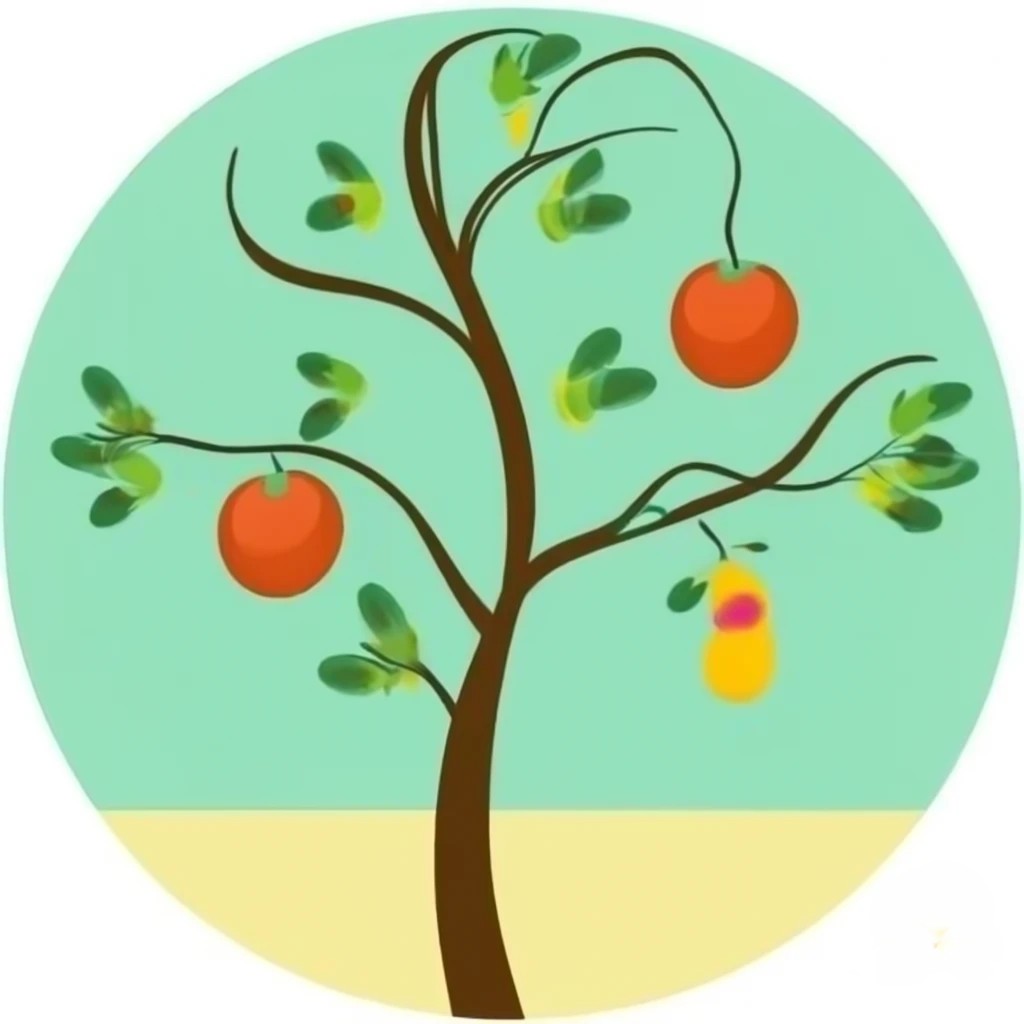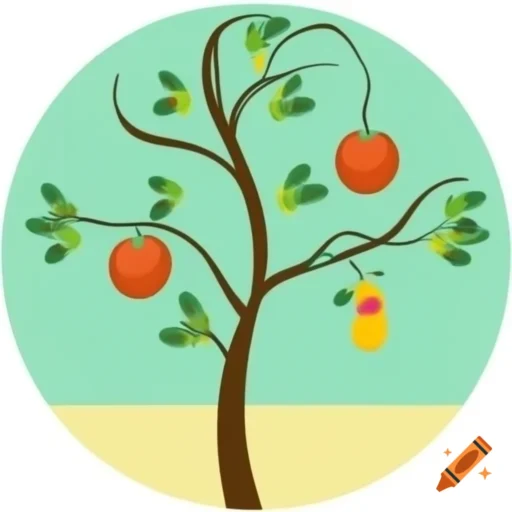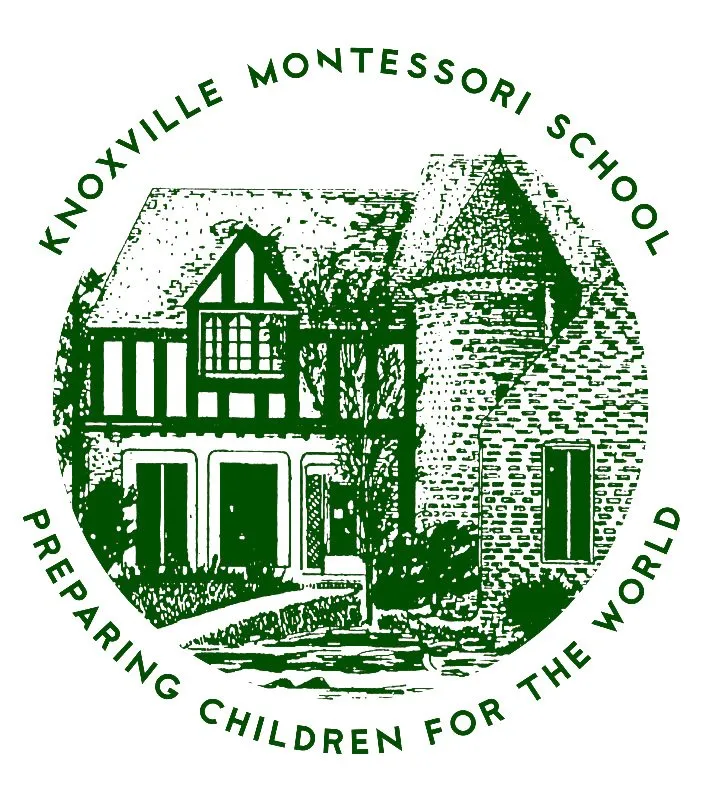Montessori FAQ
- Home
- Montessori FAQ
Montessori in General
Montessori at KMS
7:30 a.m. – 5:30 p.m.
- Drop Off – 7:30-8:00 a.m.
- Primary Classes – 8:00 a.m. – 2:30 p.m.
- Lower Elementary Classes – 8:00 a.m.-3:15 p.m.
- Upper Elementary and Adolescent Classes – 8:00 a.m.-3:30 p.m.
- After Care – 2:30-5:30 p.m.
- Primary I (2.5-6 years old) – 1 Teacher, 1 Assistant, 20 Students
- Primary II (3-6 years old) – 1 Teacher, 1 Assistant, 24 Students
- Lower Elementary (6-9 years old) – 1 Teacher, 1 Assistant, 30 Students
- Upper Elementary (9-12 years old) – 1 Teacher, 1 Assistant, 20 Students
- Adolescent and Upper School (12-18 years old) – 1 Teacher, 1 Assistant, 20 Students
And expanding…
Our teachers observe their students working and take copious notes about each student’s activities. This process forms the basis for ongoing evaluation of the child’s progress, what additional help they need, and what they are ready to do next.
For our 3rd grade and up students, we utilize the <a href=”https://www.nwea.org/map-growth/>MAP Growth System</a>, which provides teachers with accurate, and actionable evidence to help target instruction for each student, which aligns with a Montessori Education.
Computers
Montessori teachers recognize that children learn best through hands-on experience. As a result, there are no computers in our Primary and Lower Elementary classrooms.
The Upper Elementary – Upper School classes have access to computers that are used for research, typing presentations, etc. This is all completed on computers that are prepared for a classroom setting and help to teach the children how to be responsible users.
Televisions
Montessori teachers recognize that children learn best through hands-on experience. As a result, there are no televisions or video players in our Primary or Lower Elementary Classrooms.
Our Upper Elementary Upper School Classes utilize a television for chosen programs to enhance specific lessons or presentations.
All students bring their own snacks and lunches from home. We encourage wholesome foods instead of sweets (i.e. – chocolate, cookies, and other sugary treats) to help the children to make healthy choices.
Each student brings their own water bottle that can be refilled with filtered water as needed.
Note: KMS is a peanut and tree nut-free school.
General Information
In many cases, children with special needs do very well in Montessori classrooms. The individualized approach, the hands-on materials, the ability to move freely around the room, and the emphasis on peace, cooperation, and respect make it possible for many children with special needs to function more successfully in a Montessori class than in a traditional class.
At the same time, there are aspects of the Montessori approach that can cause difficulties for children with special needs. These include the distractions caused by other students moving around the room and the fact that the teachers cannot provide individual attention to particular children at all times. It is critical that all Montessori students learn to manage themselves appropriately without ongoing guidance from the teacher. In some cases, this is harder for special needs children, and they would do better in a smaller, more structured classroom.
In light of all this, children with special physical, emotional, or developmental needs will be considered for admission on an individual basis. If a child has already been diagnosed, specific medical information about his/her condition will be required. Admission will depend on the ability of the child to benefit from a Montessori education, the probable effect of the child on other students, and the faculty’s qualifications and willingness to enroll the child on a trial basis.
Family involvement is important to the process of creating a sense of community in the school.
Involvement varies from year to year, but opportunities include:
- Participating in special events and activities at KMS including caring for the gardens, volunteering for the Family Workdays, fundraising events at local restaurants, and more.
- Being a chaperone for an Upper and Lower Elementary field trip.
- Sharing special skills with the classrooms.
- Joining one of our many school committees (that include Fundraising and Events, School/Classroom support, Marketing, and more).
- Becoming a member of the KMS Board of Trustees.
Following state guidelines, KMS staff receive annual training on food allergies and responding to an allergic reaction, including training in how to administer emergency epinephrine injectors.
If a child has an intolerance to a particular food, KMS staff can work with the family to help the child avoid these foods. If a child has a life-threatening allergy (foods, stings, etc.), KMS works with a family and their child’s doctor to identify the specific nature and severity of the diagnosed allergies. Information that is gathered includes what triggers the allergic reaction, how a child is triggered (ingestion, contact, inhalation, or a combination of these), and what symptoms a child presents when in an allergic reaction. This information will then transfer into an action plan that will be followed by staff and volunteers. These individual plans are updated on an annual basis.
While KMS will work with the family prior to enrollment to determine whether we will be able to meet a child’s needs, we are not a large enough facility to isolate a child to avoid inhalation allergens during lunch, snack, or activities.


